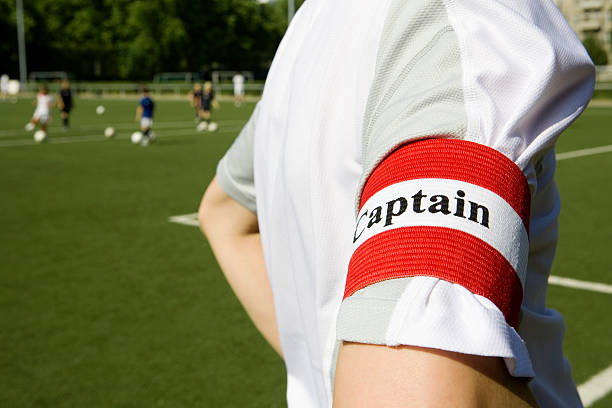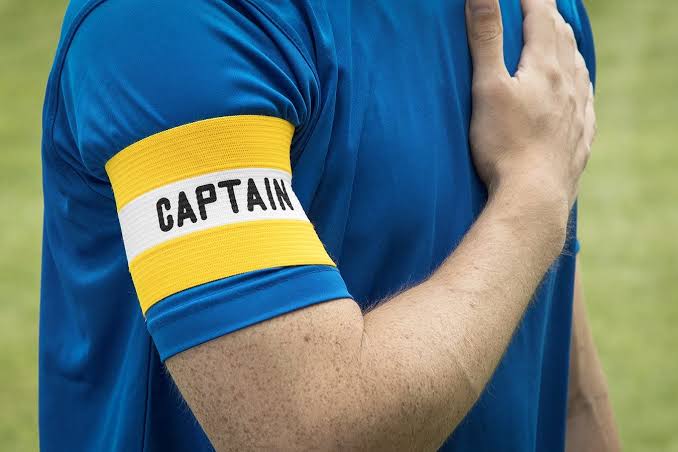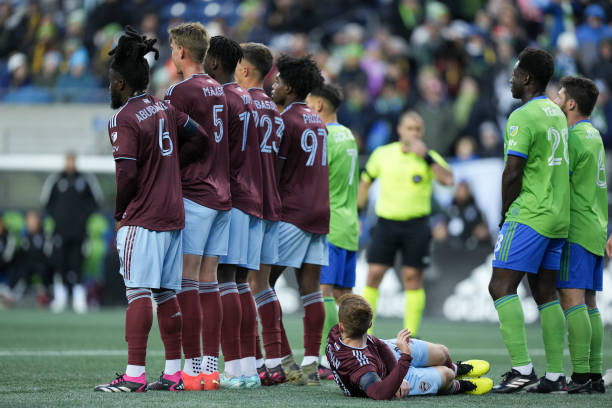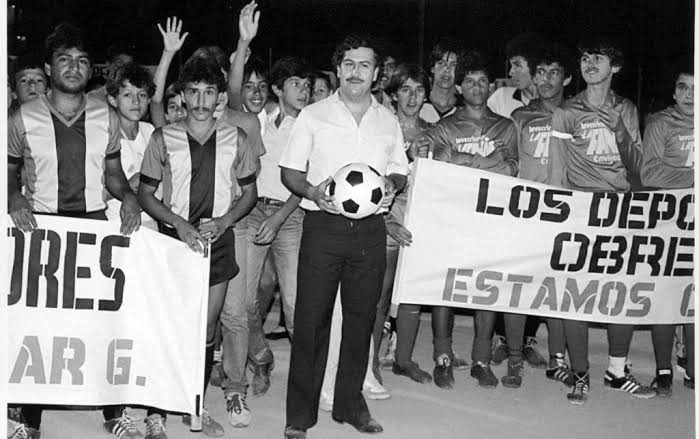In soccer games, captains are known to be present in every single team, they are the ones who represent the whole team, and they are easily distinguished with their armbands.
They have the highest on-pitch authority for any team except the coach’s decision from the sidelines.
However, what is the role of a captain in soccer? This article will explore the important information about being a soccer captain.
How Are Soccer Captains Picked?
They usually are the most experienced and oldest players in a particular squad.
However, there is no general rule that states that the youngest player in a team cannot be the captain.
Usually, selecting a captain is done at the discretion of the manager of the team.
Let’s dig into what they really do and what responsibilities they perform, but before that, how are captains picked?
Soccer captains are picked at the discretion of the coach or manager of the team, but there are certainly a lot of things looked at before picking a player.
The first thing many coaches consider is the longevity and seniority of the player at the club.
The age and experience of the player also come into play. They also consider if a player has spent a longer time than others to give him the armband.
This doesn’t mean that young players in the team cannot be given the responsibility if they feel he has leadership qualities.
Furthermore, players who are clearly the best player in the team can be given the responsibility to lead by example, although this may not be a general phenomenon.
A player’s position doesn’t really post any big deal in determining as a team’s captain can be the goalkeeper, defender, midfielder, or even a striker.
What Do Captains Do in Soccer?
Soccer captains are mainly representatives or on-pitch leaders for each team that referees can communicate with for the pre-match formalities. Soccer captains wear the captain armband.
Their official responsibility is to lead the team out of the tunnel and engage in the coin toss to choose the side of the pitch their team will attack or defend from the start.
This can also be for penalty shootouts, similarly are expected to mediate between teammates, opponents, and referees during the game.
Under the laws that govern soccer, captains don’t have any authority over the referee’s decision.
Nonetheless, in trophy presentations, they are to lead teammates to take medals, the first to collect and then lift the trophy.
Those are their responsibilities under the laws that govern the game with respect to matches.
Furthermore, at club or national team levels, captains can be more responsible or less than that. At the national team level also, they can influence who is invited.
When games get confrontational, captains are expected to calm their teammates and have them behave accordingly.
They are the only players allowed to engage the referee under the rules of the game unless the referee chooses to engage any particular player.
Role of a captain in soccer

Here is a brief summary of the roles of a captain in soccer:
- Leadership: The captain of a soccer team is expected to be a leader on and off the field. They must inspire and motivate their teammates to perform at their best and work together towards a common goal.
- Communication: Soccer captains must communicate effectively with their teammates, coaches, and officials. They need to be able to give clear instructions and make sure everyone is on the same page.
- Decision-making: Captains often make decisions on behalf of the team, such as choosing which side of the field to start on, deciding on tactics, and making substitutions.
- Representing the team: They are the face of the team and represent their team in front of officials, fans, and media. They must be able to conduct themselves in a professional manner and be able to handle pressure and criticism.
- Setting an example: The captain of a soccer team must lead by example on and off the field. They should be hardworking, disciplined, and show good sportsmanship. They should also be able to handle mistakes and setbacks with grace.
- Managing conflicts: Captains may need to help resolve conflicts within the team. They should be able to listen to everyone’s perspective and come up with a solution that is in the best interest of the team.
What Happens When the Captain is Substituted or Unavailable?
Captains are picked at the start of the season, and they usually have vice-captains who get the armband if the captain has to leave the pitch due to injury or tactical reasons.
If the vice-captain isn’t on the pitch, the armband can fall to any player willing to lead.
Furthermore, if the captain isn’t available for a match, the vice-captain leads the team.
Meanwhile, a team may lose its leadership and concentration if its captain is unavailable, as they are expected to motivate and charge their players.

Some of Soccer’s Most Iconic Captains
There have been some unforgettable names and captains in the world of soccer, and no true football enthusiasts would see this topic and not remember the day of Carles Puyol for Barcelona and Spain or Paolo Maldini for AC Milan.
Steven Gerrard was a force for Liverpool, while John Terry ruled for Chelsea. Francesco Totti will remain a legend for AS Roma, who led on the pitch and stayed with the club all through his career.
Lionel Messi who has been the mercurial captain of the Argentine national team, is one of the greatest captains in soccer history.
Conclusion
Soccer captains are major leaders of their teams who represent them on the pitch collectively while deciding for them and being their voice to the referee of the game and also serve as an inspiration source of motivation and leadership.
A captain doesn’t necessarily mean he is the oldest or most senior player on the team, neither is he the best player football-wise, but he or she is a player with the ability to lead and coordinate his teammates under pressure. Also, a team may have a lot of players with leadership quality on the pitch, but he who wears the armband will be recognized by the referee.







